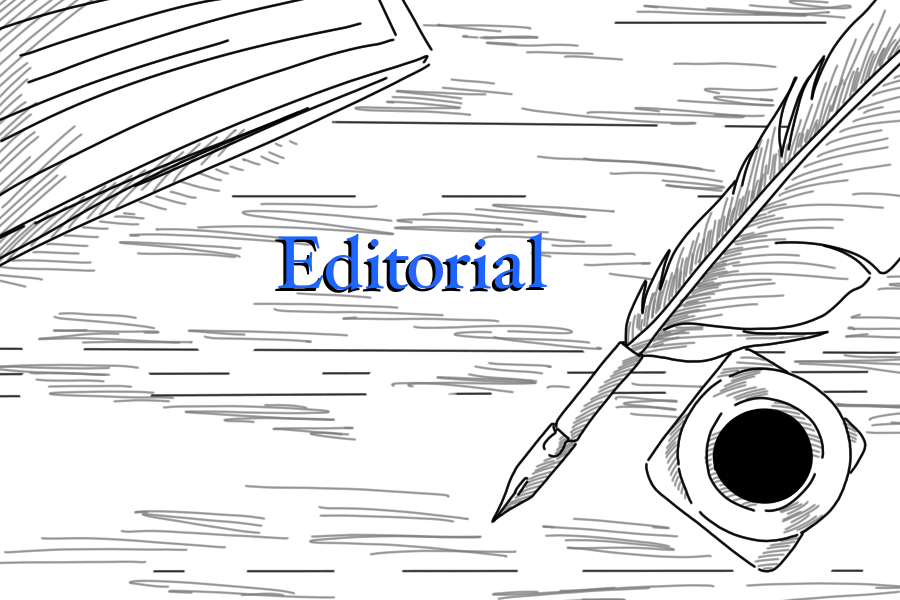
Voting can’t be the extent of political engagement
Democrats won big on Tuesday, picking up enough seats to take control of the House of Representatives. For those who were hoping to see a Democratic victory and one-party rule in Washington broken, this midterm election is cause for celebration. Across the country, a wave of notable firsts rightfully sparked praise as candidates from myriad marginalized communities gained seats of political power that were far overdue to them.
The number of flipped seats and the shift in power –– in some cases against long odds –– is a bright spot in a dark political moment. It’s worth it to take a moment to breathe and feel good about this change.
But this election and its welcome results can’t be the end of political action.
Democratic control of the House is a positive change in the current political climate. It’s possible that a Democratic House will ease or at least counter, in some ways, the dictates of the Trump administration and the Republican Party. But those who have spent the past two years or longer marching, agitating and resisting in other ways shouldn’t be fooled into complacency by a liberal victory.
The most pressing issues of the moment won’t be fixed if the be-all and end-all of political engagement is voting in midterm elections. Making the kinds of radical changes that will be necessary to preserve life on this planet will require doing more than visiting the ballot box and calling it a day.
The most recent report from the United Nations’ Intergovernmental Panel on Climate Change states that the world economy must be completely transformed in just a few years in order to avoid catastrophic climate collapse. The total economic transformation that will be necessary to save us from an extinction event is going to require more sustained and vigorous political action than just voting. It’s going to require, at a minimum, continuing to aggressively lobby elected officials –– even the ones you voted for –– to do what needs to be done. It’s going to require taking action at various levels of political hierarchy. And yes, it’s going to require strikes, protests, marches and direct action no matter which political party is in power.
Climate change is just one of the issues that’s going to require more work than voting to fix. Immigration and migrant detention, police violence, mass incarceration, reproductive injustice, pervasive institutionalized racism, gun violence, systemic homophobia and transphobia, rising white nationalism and neo-Nazism –– the list goes on. Such social problems aren’t going to be fixed if we assume a small group of elected officials will resolve these complex issues without pressure from the people.
None of this is to say that those who are able to vote shouldn’t. Voting is one of many strategies to make change, and the results of elections have material effects on people’s lives. Change requires a diversity of tactics, and we should use all the tactics we have at our disposal.
But if you want to see change –– if you’re upset at the state of the world –– don’t let the new House make you feel like your work is done. Don’t put down your picket sign just yet.
Written by: The Editorial Board



